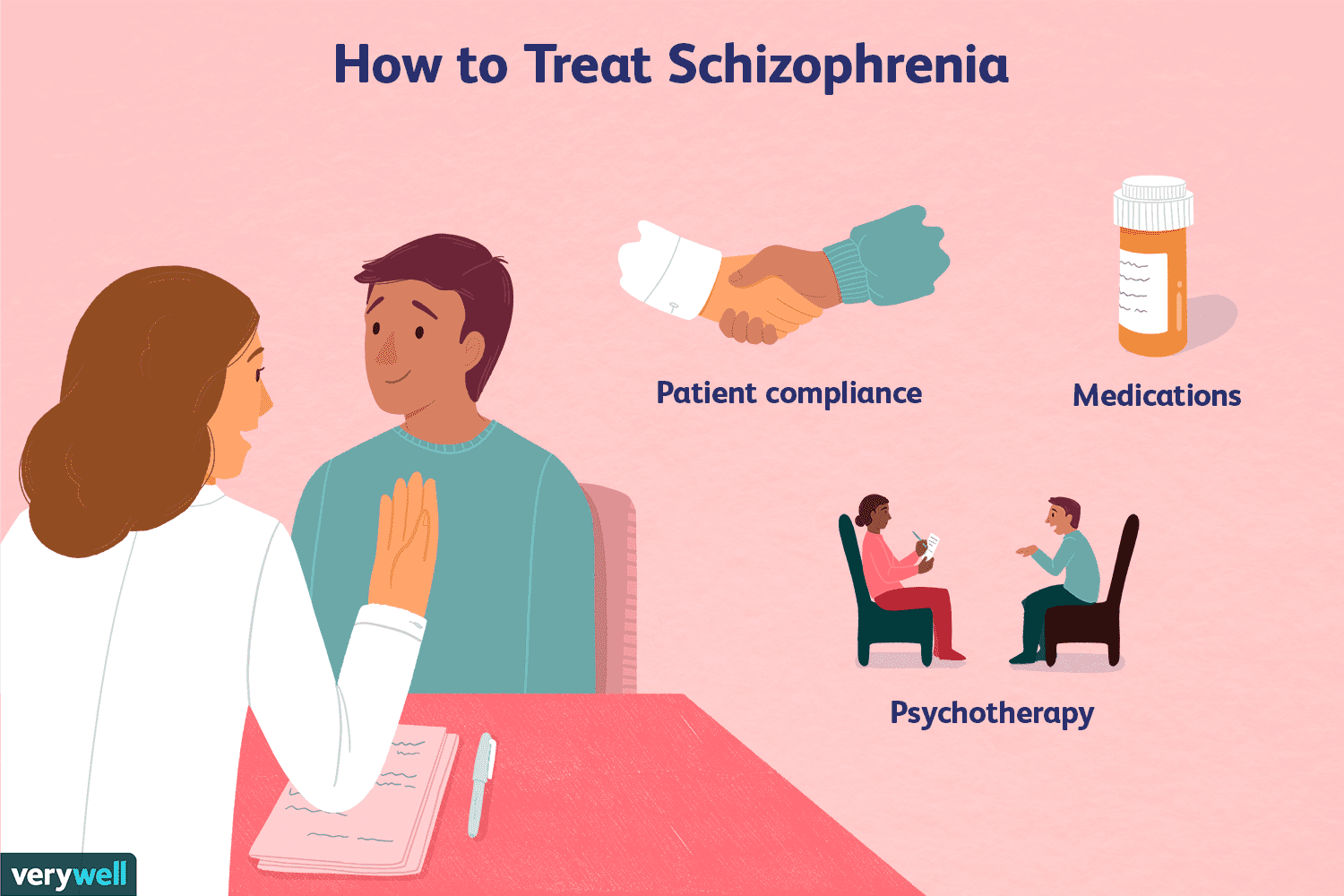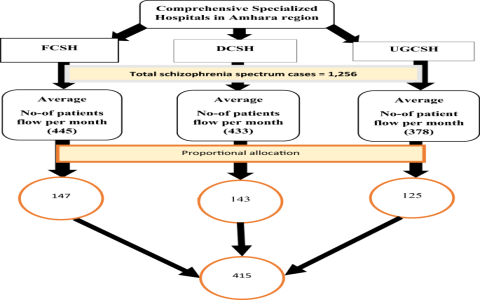Alright, let’s talk about something I spent a heck of a lot of time trying to figure out: finding the so-called “best schizophrenia treatment centers in the world.” Sounds like a straightforward task, doesn’t it? Like looking up the best pizza joint in town. Well, let me tell you, it’s nothing like that. Not even close.
My Own Little Adventure in This Maze
This whole thing kicked off for me a while back. Someone very close to me, let’s just call him David, started going through a real tough time. When the diagnosis finally came, schizophrenia, it hit us all like a ton of bricks. Our first instinct, like probably anyone’s, was “we need the absolute best help, no matter what.” So, naturally, I jumped onto the internet, typed in those magic words: “best schizophrenia treatment centers world.”

What a circus that was. Seriously. I got bombarded with lists. ‘Top 10 Global,’ ‘Elite Sanctuaries,’ ‘World-Leading Clinics.’ Fancy websites, shiny brochures you could almost smell through the screen. Some places looked more like five-star hotels than hospitals. The problem was, the more I clicked, the more confused I got. Some were so expensive, you’d need to sell a kidney. Others were literally on the other side of the planet. And many of them, they just felt… impersonal. Like they were selling a luxury package, not a lifeline.
I spent weeks, man, just weeks, going down this rabbit hole. I made a list. I tried calling a few. You get these smooth-talking admissions folks on the line, and they tell you everything you want to hear. But when I started asking real specific questions about David, about his particular struggles, the answers got kinda vague. It felt like they had a script, and they were sticking to it.
- Endless searching online.
- Reading reviews that all sounded a bit too perfect.
- Feeling totally overwhelmed by options that didn’t feel like real options.
- Getting more and more frustrated because David wasn’t getting any immediate help while I was playing detective.
The Big “Aha!” Moment (If You Can Call It That)
The turning point, if you could call it that, wasn’t some grand discovery from a website. It was way more low-key. We started talking to local support groups, just people who’d been there. And through them, we heard about a smaller place, not even in the next state, just a couple of towns over. It wasn’t on any of those “world’s best” lists. Didn’t have a glossy ad campaign. But what it did have were a few people who spoke from the heart about how this place had helped their loved ones.
We were a bit hesitant, you know? It felt too… simple? After all the noise about “world-class” this and “leading-edge” that. But we were tired. And David needed something. So, we went to check it out. And wouldn’t you know it, that’s where things started to change. The folks there, they actually listened. They talked about David, to David. They weren’t trying to fit him into a pre-packaged program. It was about what he needed.
So, What Did I Learn from All This Mucking About?
Well, for starters, those “best in the world” titles? Mostly marketing fluff, if you ask me. It’s not that there aren’t great places out there, but “best” is so darn subjective, especially with something as personal as mental health. What works wonders for one person might do nothing for another.
My whole “practice” in this, my deep dive, it taught me that the real work isn’t finding a fancy name. It’s about digging deep to find the right fit. It means:
- Talking to actual people who’ve had experiences, not just reading polished testimonials.
- Asking tough questions about their specific approaches, the kinds of therapy they actually do, and how they involve family.
- Looking at the team, their experience, and whether they seem genuinely compassionate.
- Considering practical stuff: location, cost (and what insurance actually covers), and how long the waiting list is.
It’s more like detective work than shopping. You gotta be persistent. You gotta trust your gut a bit too. If a place feels off, it probably is, no matter how many awards it claims to have won.

So, yeah, I never found a definitive list of “the best.” What I found was a process. A much harder, messier process than I expected. But it’s a process that focuses on the human being at the center of it all, not some abstract ranking. And in the end, that’s what truly matters, I reckon. It’s about finding the right help, not just the shiniest brochure.















